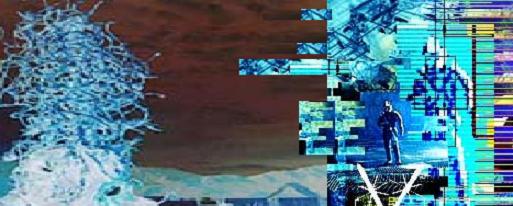BY LETTER
Spore Hunters
Culture and Society > Economics > Occupations, Avocations, and Work
Technology > Application > Spore Technology
Technology > Application > Spore Technology
Professional hunters who target self-replicating technology |
 Image from Bernd Helfert |
Spore hunting is not universally accepted as being an appropriate, or even ethical, solution. Some sentient members of sporing clades view such culls as speciesism, or even outright murder of innocent individuals who merely happen to be hibernating. And, just as the line between 'unwanted spore' and 'hibernating person' is not always clear and can lead to disagreements, so can the line between 'dangerous spore' and 'personal tool'; a saying expressing this conflict is "One man's grey goo is another man's asteroid mining operation".
Spore Hunter's Day is regularly celebrated on the anniversary of either Mendel 5, 686 BT (26 Jun 1284 AD) or Archimedes 2, 593 BT (22 Jul 1376 AD), or both, in honor of a tale of ancient hunters of similar, though biological pests; or Lavosier 23, 9 AT (16 Jun 1978 AD), in honor of the earliest known virch dealing with defending against constantly-replicating invaders arriving from space.
Related Articles
Appears in Topics
Development Notes
Text by Daniel Eliot Boese
Initially published on 15 March 2011.
Initially published on 15 March 2011.






